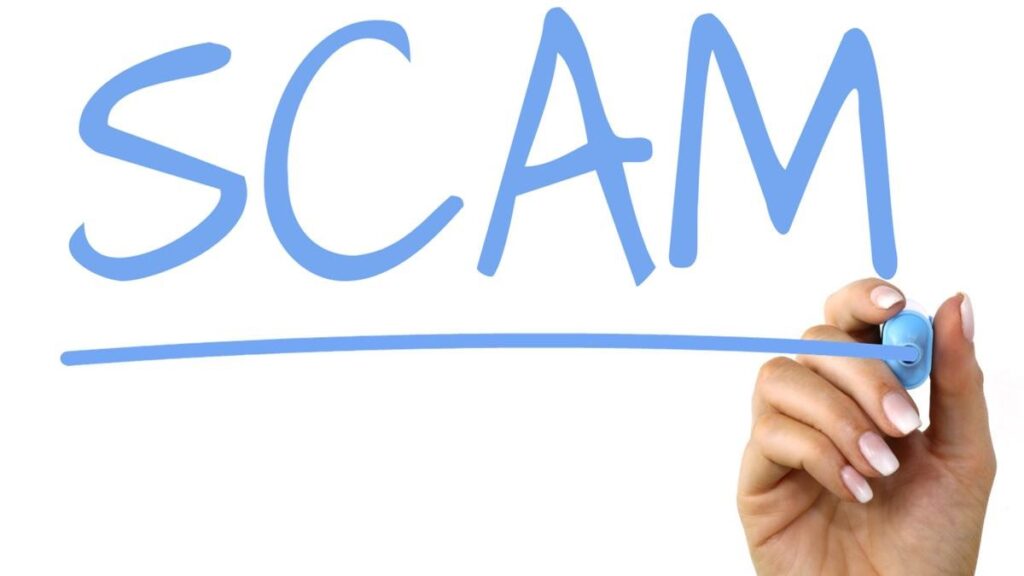Student Loan Relief Scams On The Rise, Here’s How To Stay Protected
Student loan scams are on the rise amid federal debt relief, here's how to stay protected and spot scammers.

As the Biden Administration continues to expand student loan debt cancellation, student loan scams are becoming increasingly popular. Those who fell prey to predatory lending practices may find themselves falling into yet another trap. In order to protect against these false programs, Americans can look for certain signs and practice cautionary procedures.
Data harvesting, identity theft, and money transfer scams are common in the digital age. Now that the federal government has committed to transferring billions in college loans to taxpayers, opportunists are quick to develop their own student loan scams. While the exact process of applying for student loan cancellation has yet to be made available to the general public, agencies like the Better Business Bureau, and even the U.S. Department of Education’s Federal Student Aid Division have released tips on how to stay protected against these new relief scams.
Last Friday, the Federal Trade Commission (FTC) warned against student loan scams. They specifically noted that there is no agency or institution which can fast-track the loan relief process. Anyone who asks for a fee to reduce or cancel student loans is a scammer and should be reported to the FTC immediately.
The Federal Student Aid Division of the Department of Education is also warning Americans of student loan scams that claim applicants must act right away. The new student loan relief plan does not even open for applications until next month. Any calls, emails, or mail inserts claiming otherwise are not legitimate.
Applicants seeking to resolve their student loan debt should double-check to make sure that the individual or company they are in contact with is federally approved by the U.S. Department of Education. StudentAid.gov has a directory of contracted service providers to ensure that Americans can confirm legitimate resources. Knowing what companies are being used to help offer aid helps individuals to sport student loan scams easier.
Additionally, the Better Business Bureau advises that everyone interested in the recent loan relief properly familiarize themselves with the terms of their student loans and research the details of the relief programs before pursuing anything. They are also encouraged to be suspicious of random calls, texts, or email letters even if they have official letterheads or use government symbols on fliers and mailers. It is too easy to copy and paste logos or falsify documents for anyone to use as a means of legitimacy when facing student loan scams.

It has also been reiterated that no one should ever share their personal information when being contacted about student loans or any other personal matter. Giving out a federal student ID number, social security number, or even an address and phone number can lead to identity theft and other related crimes. These student loan scams are often fishing for information to be harvested, sold, or manipulated.
Anyone can be a victim. It’s important for Americans to know what to look for and protect themselves from student loan relief scams. From knowing the terms to avoiding sharing information, simple steps can offer added protections.



